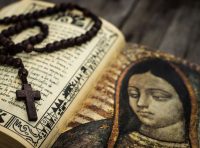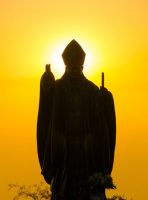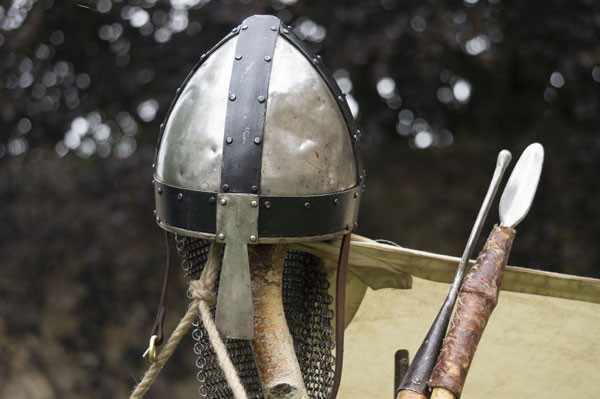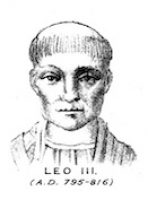396 CE Western Rome disintegrated for a myriad of reasons. The lead Catholic bishop became the first Pope over the Catholic religion to keep continuity and religious authority over western and eastern Roman regions. The Pope was still subordinate to the Roman emperor who retained authority over religious matters.
400 CE Christians, in an effort to distance themselves from Pagan traditions, adopted opposing beliefs. Around this time they determined that sexual pleasure was evil and those that engaged in premarital sex, evidenced by use of contraceptives and abortions, were unholy. St. Augustine declared abortion was not homicide but was a sin if used to conceal adultery and sexual relations.
410-1066 CE The Anglo-Saxon period. Anglo-Saxon refers to the Germanic peoples who lived and ruled in today’s England and Wales from the 5th century to 1066. All Anglo-Saxon freemen were a part of a group called the “one hundred,” which was a way to quickly gather fighters, police, and organize taxes. In 1066, the Normans, who were from the Normandy region, invaded the Anglo-Saxon ruled territories. After the Norman conquest, which ended in 1075 when the Normans overtook the Anglo-Saxons, the freeman system didn’t work as well, and stronger policing systems were implemented. The Normans expanded royal power and justice systems. These systems created the precedents for the self-government of England, which Englishmen internalized deeply.
500-800 CE European monarchs began adopting the Catholic religion.
800 CE-Present The Papacy, Monarchs, and (now secular) world leaders have had ongoing power and authority struggles.
800 CE-1600 CE The Catholic Religion was the primary faith practiced in all of western Europe. Religious beliefs were rooted in attitudes of austerity. Bodily pleasure from food and sex, outside of basic survival, was thought to compromise the soul. Fasting was a way of penance, and fasting from meat several days a week and on holy holidays was common for religious observances.
1215 Magna Carta: Before this, only barons and the King were free peoples, all others were servants or peasants. The Magna Carta was meant to stop King John of England from over taxation and unfair punishments. It failed at stopping King John, but its 63 clauses established rights for people other than barons, like the right of the people to overrule the mighty and the right to a trial with an impartial judge. The self-governing precedents, initially established by the Anglo-Saxons and expanded by the Normans, were part of the reason the Magna Carta was created. It is also the foundation of democracy for today. The Universal Declaration of Human Rights, the European Convention on Human Rights, and the United States Bill of Rights all include the Magna Carta’s values establishing no matter who you are, “power comes from the consent of the governed” (Academy 4SC, n.d.).




